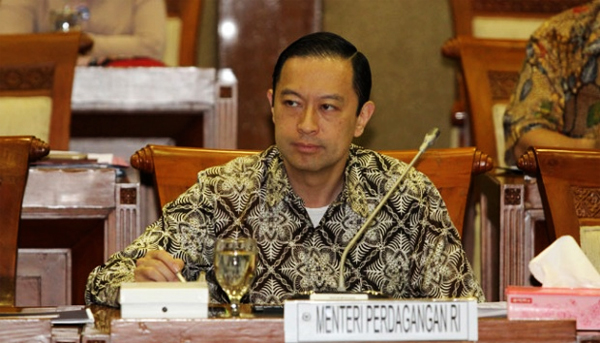Indonesia is considering making efforts to engage more with the food and beverages market, especially coffee, in South Korea, as the promising market showed a compound annual growth rate of 7.55 percent from 2010 to 2014 and an import value of US$8.1 billion in 2014.
Trade Minister Thomas Lembong said Indonesia only had a 1.8 percent share in the market, putting it behind 14 other countries that export food and beverages to South Korea. The US dominates the market with a 20.4 percent market share, followed by China with a 16.4 percent share.
“We have quite a big opportunity to take a [larger] share in South Korea’s food-and-beverages market, and we must make our best [effort] to maximize it,” said Thomas in a press statement released on Wednesday.
The main challenge that Indonesia faced in making further inroads into the South Korean market was the nation’s high food and beverage health standards, he added. The standard are imposed on ingredients and the food and beverage manufacturing process, among other things.
According to Thomas, a special marketing strategy was needed to promote Indonesia-made coffee in South Korea. The country imports an average US$5.26 million worth of coffee per year. Half of the mature population in the country prefer coffee to other drinks.
“Around 90 percent of imported coffee in South Korea are from green beans, which are relatively cheaper than Indonesian coffee. However, Indonesia has potential in specialty and single-origin coffee. Most South Korean coffee consumers are not very aware about that, yet,” Thomas said.
In a bid to increase Indonesian exports to South Korea, Thomas has planned to meet the chairman of Korea Trade-Investment Promotion Agency (KOTRA) and the chairman of Korea International Trade Association (KITA) to discuss further cooperation on trade promotion.
The cooperation would also help Indonesian exporters promote their products on KITA’s website through the e-marketplace and Global Business Matching Services, he said.
“We expect KOTRA will help promote Indonesian products in the South Korean market and lure South Korean companies to invest in Indonesia,” Thomas said.


